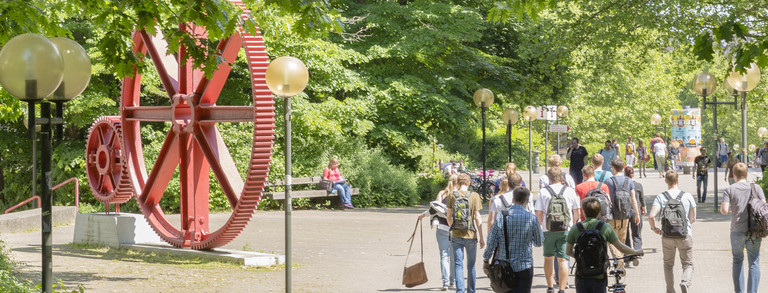Our Contribution to the Rehabilitation Sciences
Information on the Subject
In the sense of an appreciative, reflexive "handling of heterogeneity" in education and rehabilitation sciences, students should become familiar with the connections between disability and gender in their different, sometimes seemingly contradictory facets. On the one hand, this takes place on a statistical-empirical level, where considerable inequalities between the genders can be observed. On the other hand, through the scientific examination of social inequalities, which are associated with discrimination and hierarchization in gender relations and in the relationship between people with and without disabilities. Disability and gender are introduced as social structural categories in conjunction with other categories of social inequality such as age, social situation, sexual orientation and cultural affiliation, and their interdependencies are examined using intersectional approaches. In terms of deconstruction, polarizing and hierarchizing concepts of gender and disability are critically questioned. The aim is to open up perspectives that are critical of gender and power as prerequisites for successful inclusion.
With a view to the globalization and transnationality of work, especially in care work, the consequences of internationalization and increasing global inequalities in the context of gender, migration and health or health impairment are addressed with regard to their effects of inclusion and exclusion. In addition, the inherent models of social gender relations, work organization and the welfare state are critically examined.
Focus Areas in Teaching
- Disability, gender and human rights
- Diversity in education, training and work
- Disability and gender in the context of flight and migration
- Care-Migration-Gender
- Gender, health, body
- Work, disability, gender
- Leisure, volunteering and disability
- Violence against women and men with disabilities, causes/consequences of violence, prevention of violence
- Sexuality and starting a family
- Disability in the ethical debate on transhumanism and biomedical progress
- Promotion of academics with disabilities and inclusion at universities

